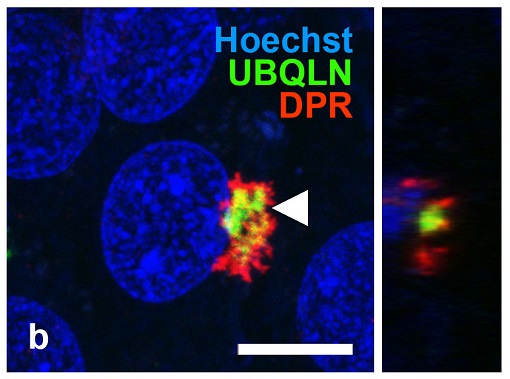
A genetic and pathologic study using banked human brain tissue
Neurobiology of Aging
Volume 49, January 2017, Pages 214.e1-214.e5
Emma L. Scotter, Leon Smyth, James W.T. Bailey, Chun-Hao Wong, Martinade Majo, Caroline A. Vance, Beth J. Synek, Clinton Turner, Jennifer Pereira, Alison Charleston, Henry J. Waldvogel, Maurice A. Curtis, Mike Dragunow, Christopher E. Shaw, Bradley N. Smith, Richard L.M. Faull
With a total population of only 4.5 million and an estimated current cohort of 300 people living with ALS, ALS research in New Zealand to date has been on a small scale. However, after 20 years of banking brain tissue and with growing national and international support for ALS research, the time was ripe for characterization of the Neurological Foundation Douglas Human Brain Bank as a foundation for growth of a New Zealand ALS research programme.
This study examined genetic and pathologic features of ALS in New Zealand using banked brain tissue. It was identified that C9ORF72 and UBQLN2 are genetic causes of ALS in New Zealand and confirmed that cases with these mutations display characteristic neuropathological lesions. These findings will allow best utilisation and sharing of the existing bequests as well as helping establishing a platform for larger genetic and neuropathological studies of ALS in New Zealand.
The full article is available here.
